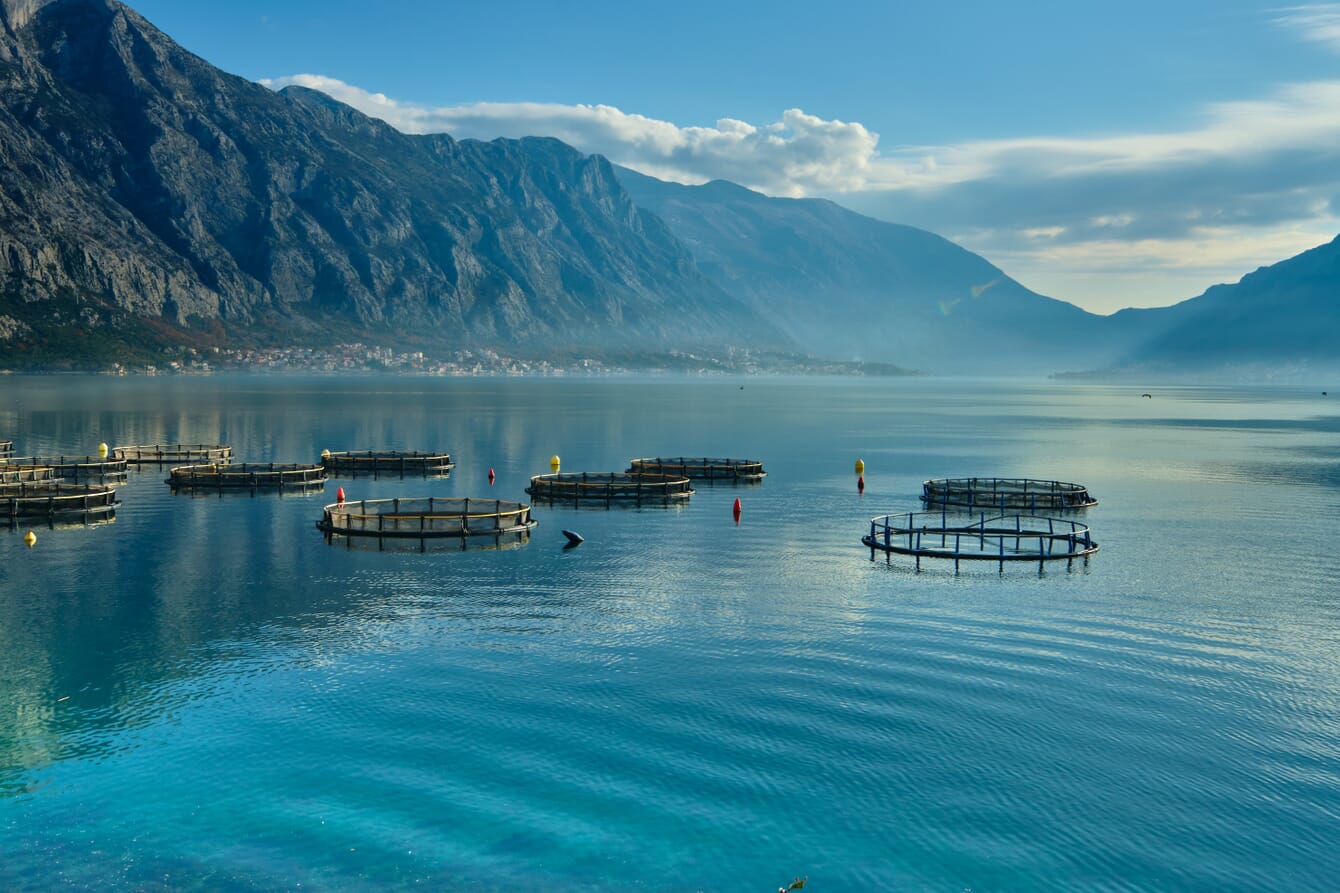If Seaspiracy, the latest exposé of the fisheries and aquaculture sectors, was aiming to cause a sensation then it has certainly succeeded. The documentary’s core conclusion, that only by renouncing seafood can we halt the irreversible decline of life in the oceans, put many friends and acquaintances right off their Friday fish suppers.
In the building where I was renting an office, several people who previously looked upon me as a harmless eccentric with a peculiar desire to write about mackerel, began to take social distancing to a whole new level. Was I now seen as “that guy who gets off on sea lice, latter-day slavery and anchovy genocide”?

In the ensuing weeks, however, I’ve been reassured by the tsunami of articles – in both the mainstream media and in industry-facing publications – that have picked up on all manner of erroneous claims made in the documentary. While Seaspiracy may have cast the aquaculture and fisheries sectors as pantomime villains, the backlash against many of the more outlandish and outdated claims made in the film has been truly heartening. It seems to not only have united the industry but also brought support for it out of the woodwork.
That’s not to say that we should all trot up the nearest moral Mount McKinley to proclaim our own excellence. We all know that Seaspiracy
contains plenty of valid points, that there are serious issues facing the health of our oceans and that there’s plenty of room for improvement in both the fisheries and aquaculture sectors. The documentary has put us firmly in the spotlight and there’s never been a better time to ensure best farming practices, copper-bottomed traceability along the entire value chain and transparency in all our actions.
However, as and when the pubs reopen, we should return to them armed with a raft of fresh evidence about the vital importance of both the fisheries and aquaculture sectors. The raft of inaccuracies in Seaspiracy might just provide the perfect opportunity to sink many of the long-held public misconceptions about aquaculture and we should make the most of it, while they are still listening.




